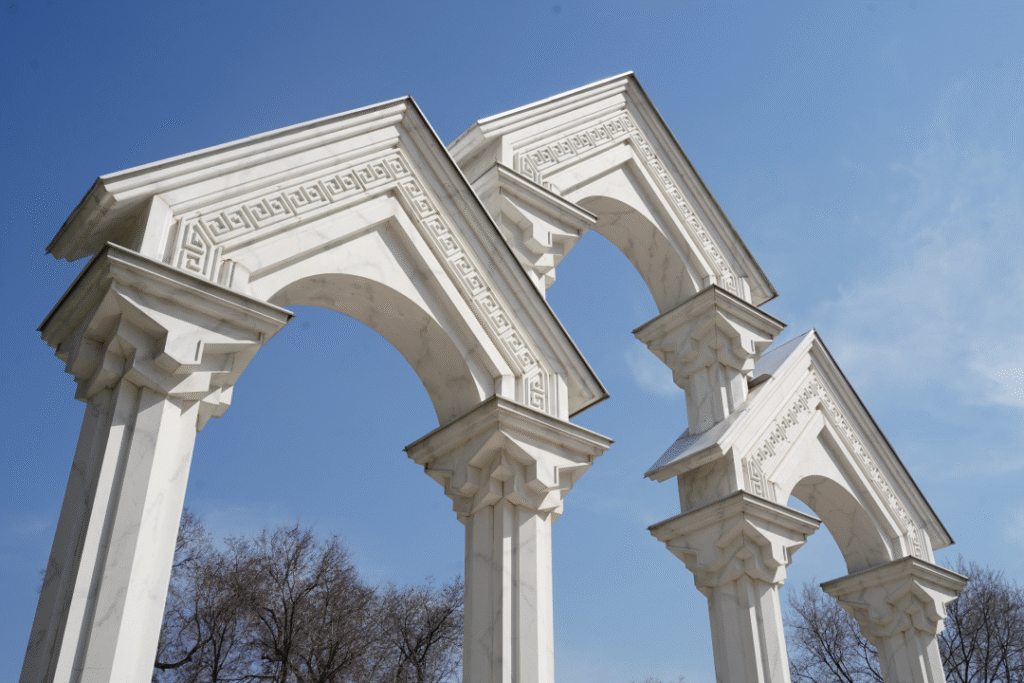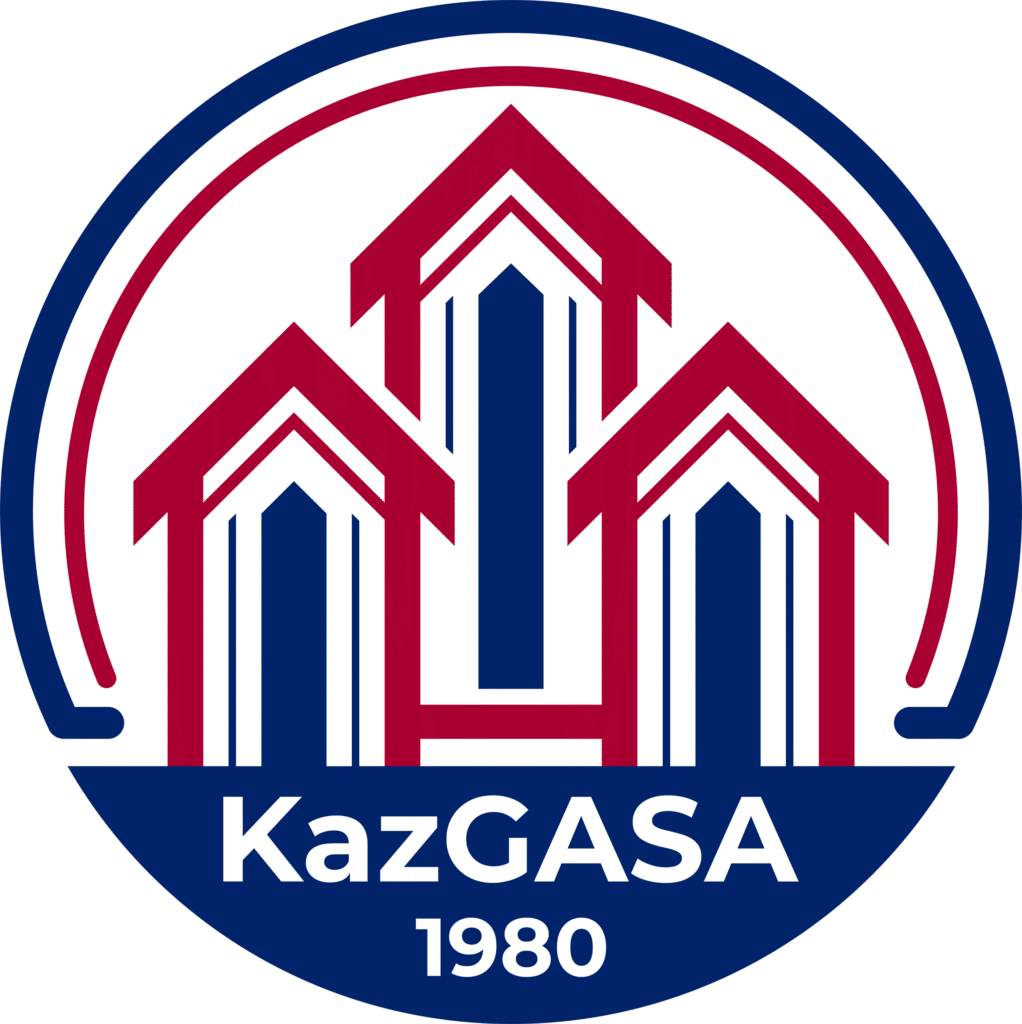About Academy
Admission
For graduates
Schools
Departments
Science & Innovation
Contacts
Address:
Almaty, st. Ryskulbekova, 28
Telephone:
+7 727 355 10 56 (Call center)
Mail:
info@mok.kz (Primary mail)
Hours of Operation:
Monday–Friday: 08:30–17:30
Saturday–Sunday: Closed
© 2025 Все права защищены.


